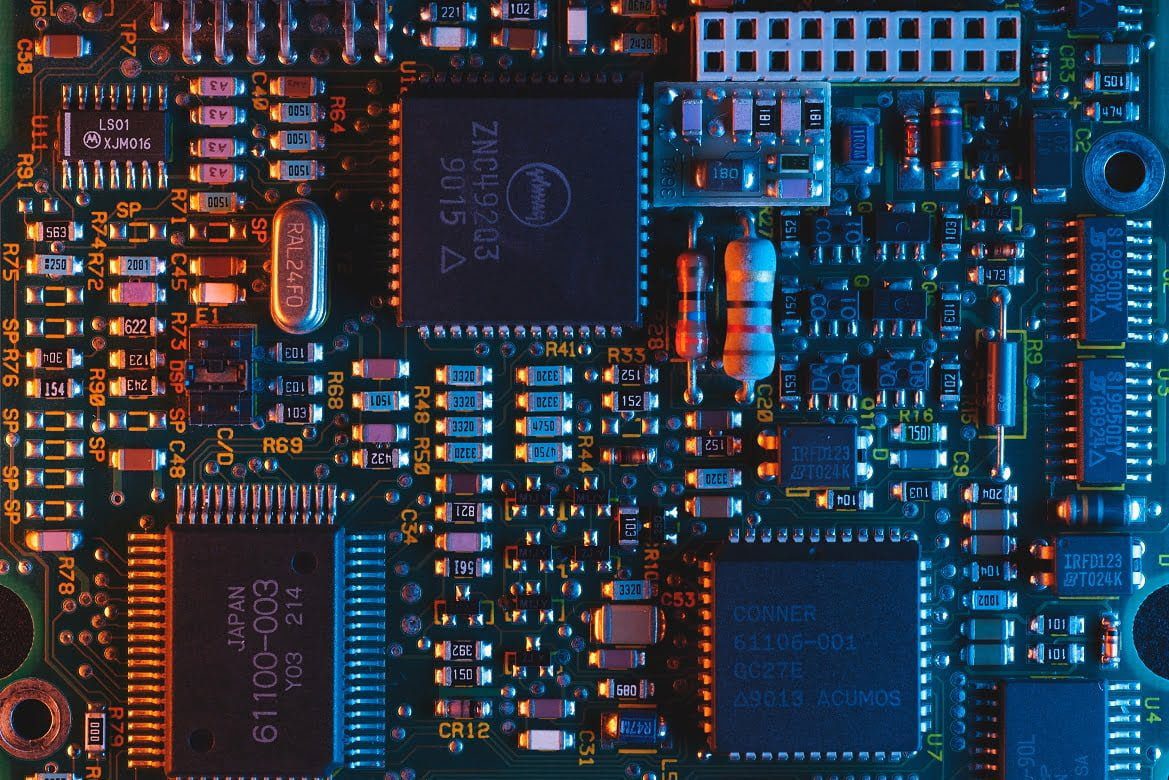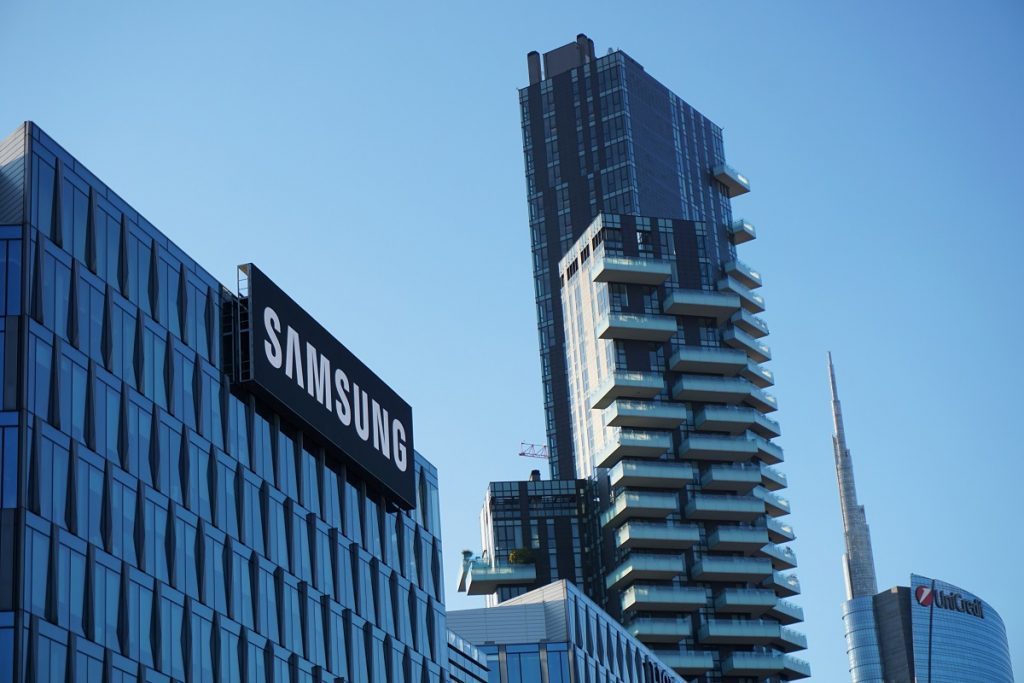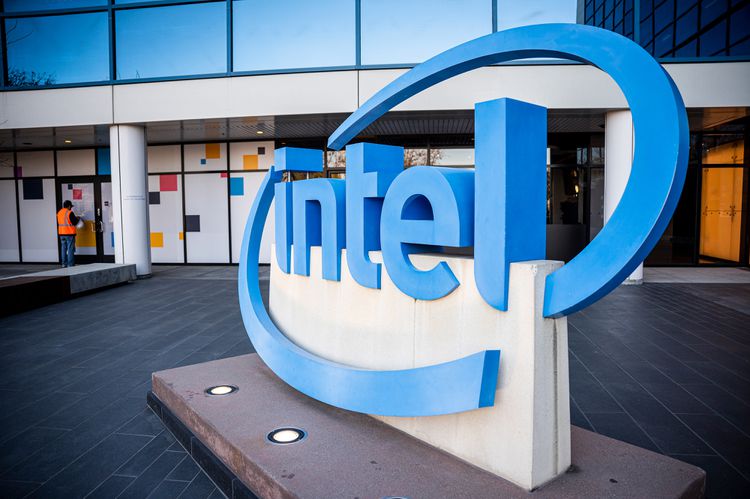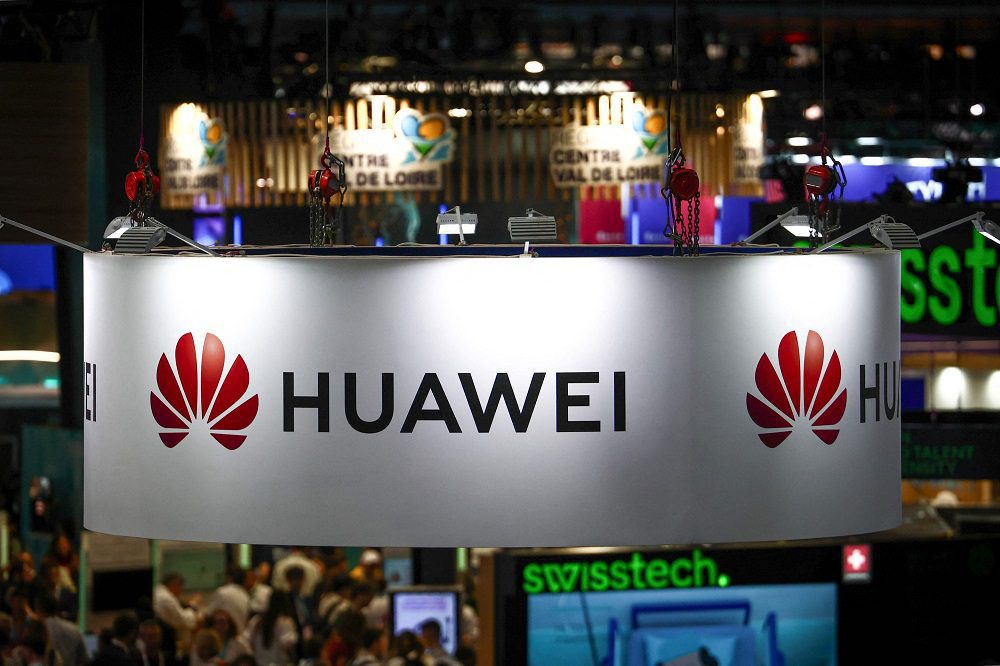
CHIPS Act Requirements Unacceptable for South Korean Chipmakers
Korean chipmakers have expressed their concern over the strict requirements for getting funding under the CHIPS and Science act by the U.S. government. As part of the application process for subsidies, companies must provide detailed information regarding fab capacity and expected yields, among other things.
The U.S. Department of Commerce demands companies to submit details such as projected fab production capacity, utilization rate, expected wafer yield, initial selling prices, production volumes for each year, and projected price changes.
While the formal reason for requiring this data is to enforce the policy of confiscating excess profits earned by companies beyond the expected amount, chipmakers in South Korea consider these requirements a threat to their trade secrets. Yields and utilization rates are critical indicators of a chipmaker’s competitiveness and are regarded as trade secrets. Furthermore, leaking these critical trade secrets to U.S. companies like Intel could cause severe harm to Samsung Electronics and SK Hynix.

Korean firms eligible for subsidies are hesitant to apply, according to reports. However, industry experts believe that Korean companies have no option but to apply for subsidies due to rising inflation and increasing commodity prices, which drive investment requirements. Furthermore, South Korea’s relationship with the United States may also have an influence on their decision.
Samsung Foundry is currently building its new EUV-capable fab near Taylor, Texas. The company is projected to start production in H2 2024 and make chips on the company’s 3nm and 4nm-class nodes. SK Hynix will likely not build a memory production fab in America, but it intends to construct a cutting-edge packaging facility in the U.S. that is eligible for the CHIPS subsidies.
While the U.S. government’s demands may be excessive, the United States has the original technologies for semiconductors, including those for extreme ultraviolet lithography equipment. Some high-tech U.S. industries and high-level U.S. workers are also needed for Samsung Electronics’ growth in the non-memory sector, so Samsung Electronics may still apply for the semiconductor subsidies.
The strict requirements set by the U.S. Department of Commerce for companies applying for subsidies under the CHIPS and Science Act are causing concern among Korean chipmakers. While they consider the demand for detailed information a threat to their trade secrets, they may have no option but to apply due to rising investment requirements and their relationship with the United States. It remains to be seen how the situation will develop and whether Korean companies will ultimately benefit from the U.S. subsidy initiatives.



